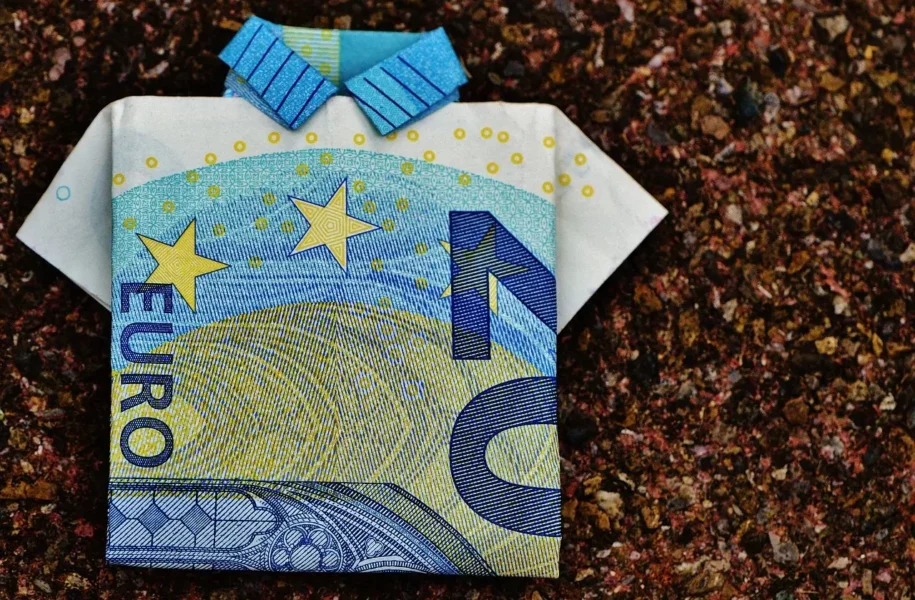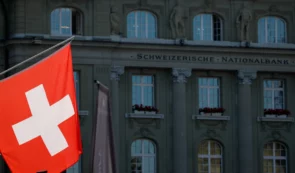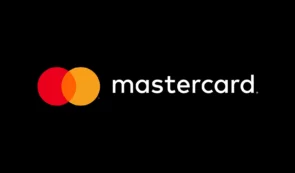Euro of the Future: Digital, Free, and Private

European Central Bank (ECB) President Christine Lagarde recently emphasized that the forthcoming European Union (EU) digital euro project will prioritize robust privacy safeguards.
According to an official ECB statement, the central bank has moved into the “preparation phase” of the digital euro project following approval from its Governing Council.
The ECB’s vision for the digital euro is to offer a digital cash alternative for all forms of digital transactions throughout Europe without imposing any associated fees, whether online or offline. The privacy of individual users will be a core consideration.
The Eurosystem envisions a digital euro that’s freely accessible for basic individual use. To encourage the distribution of the digital euro, a compensation model involving intermediaries and merchants will be established, similar to other electronic payment methods.
This approach will also incorporate measures to prevent excessive service charges for merchants. The Eurosystem will cover its own costs, including those related to scheme management and settlement processing.
READ MORE: Yuan or Rupees: India’s Russian Oil Payment Predicament
The digital euro’s versatility is a key feature, enabling its use for person-to-person transactions, point-of-sale purchases, e-commerce transactions, and government dealings, addressing a significant gap in the digital payment landscape.
Lagarde further stressed that the digital euro would maintain the highest privacy standards and coexist seamlessly alongside physical cash. The goal is to prepare the currency for the future, providing a modern, cost-free digital payment solution that upholds privacy and remains available alongside physical currency.













